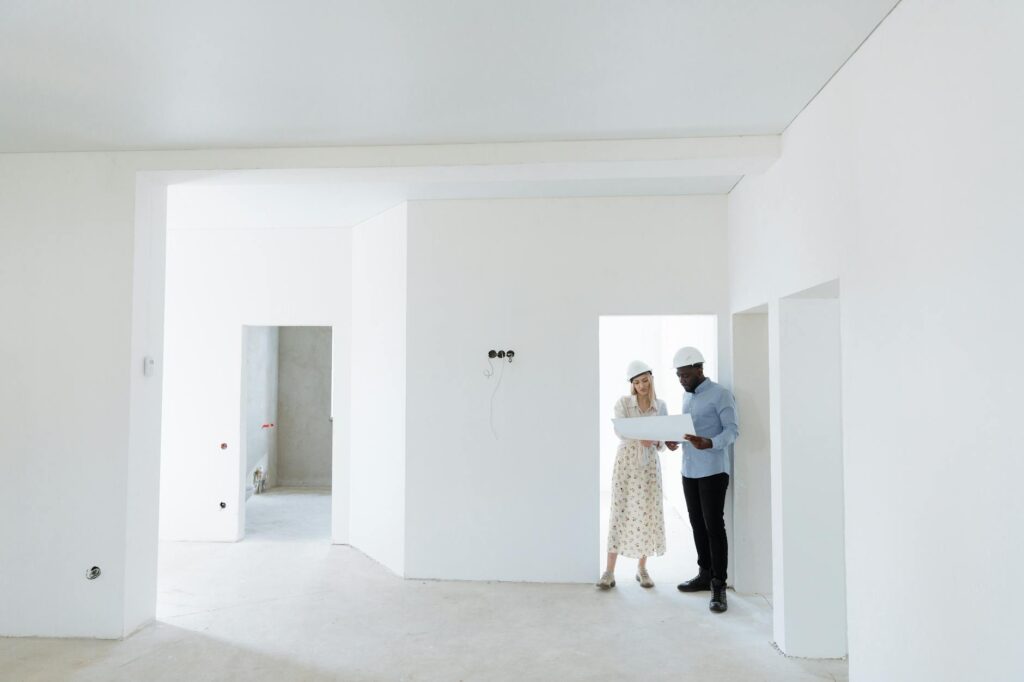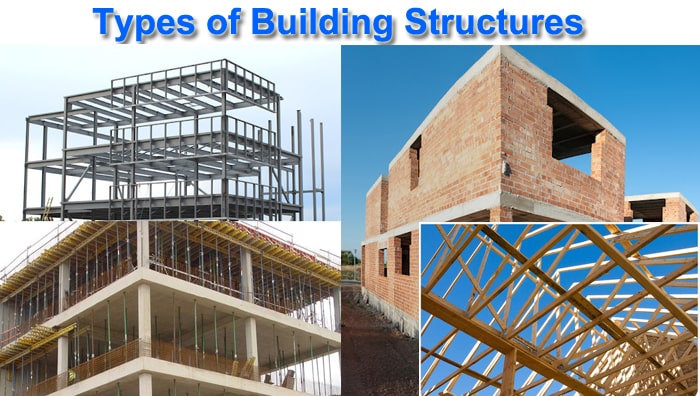Finding the right contractor for your home renovation or construction project can feel overwhelming. With so many options available, it’s crucial to do your research and choose someone reliable and experienced. This guide will help you navigate the process of finding trustworthy building contractors near you.
Understanding Your Needs
Before you start searching, take some time to clearly define your project. What needs to be built or renovated? What’s your budget? Having a detailed plan, even a rough one, will help you communicate your vision to potential contractors and ensure they understand your needs. Consider creating a mood board or gathering inspiration images to help illustrate your style preferences. 
Searching for Local Contractors
Start by searching online for “building contractors near me.” You can use Google Maps, Yelp, or other online directories. Check out reviews and ratings to get an initial impression of different companies. Don’t hesitate to check out online contractor review sites for additional insights. It’s important to consider factors like the size of the job and the contractor’s expertise, so consider whether you need a specialist in home additions or kitchen remodeling.
Checking Licenses and Insurance
Always verify that a contractor is properly licensed and insured. This protects you from potential problems down the line. Request copies of their licenses and insurance certificates. You can also check with your local licensing board to confirm their legitimacy. [IMAGE_2_HERE]
Getting Multiple Estimates
Never settle for the first quote you receive. Get at least three or four estimates from different contractors to compare prices and services. Make sure each estimate details the scope of work, materials, and payment schedule. Comparing estimates allows you to identify any discrepancies and helps determine a fair price for your project. A good resource to understand potential costs is the national association of home builders.
Reviewing Contracts Carefully
Before signing anything, carefully review the contract to ensure it accurately reflects the agreed-upon scope of work, payment schedule, and any warranties. Don’t hesitate to ask questions if anything is unclear. You should have a clear understanding of the contract terms to avoid disputes later. Understanding contracts is an important part of the process.
Communication and References
Choose a contractor who is responsive and communicates effectively. Ask for references from past clients, and contact those references to get their feedback on their experience. Good communication throughout the project is essential for a successful outcome. [IMAGE_3_HERE]
Considering Your Timeline
Discuss your project timeline with each contractor and ensure they can meet your deadlines. Delays can be disruptive and costly, so choose a contractor with a realistic schedule that aligns with your needs. Project management tools can be helpful in managing expectations and ensuring accountability.
Conclusion
Finding the right building contractor is a crucial step in any construction or renovation project. By following these steps and taking the time to thoroughly vet potential contractors, you can increase your chances of finding someone reliable, experienced, and capable of delivering exceptional results. Remember that thorough research and clear communication are key to a successful partnership.
Frequently Asked Questions
What should I look for in a contractor’s portfolio? Look for a range of projects that are similar in scope and style to yours, demonstrating their experience and capabilities.
How much should I expect to pay upfront? A reasonable down payment is usually between 10% and 25%, with the rest paid in installments throughout the project based on milestones.
What if I’m unhappy with the work? The contract should outline procedures for addressing disputes or unsatisfactory workmanship. Clearly defined responsibilities and expectations are vital.
How can I ensure the contractor’s insurance covers damages? Verify the certificate of insurance is active and covers the full amount of the project’s value.
What are the signs of an unreliable contractor? Unresponsive communication, lack of licensing or insurance, unusually low bids, and vague contracts are all red flags.

